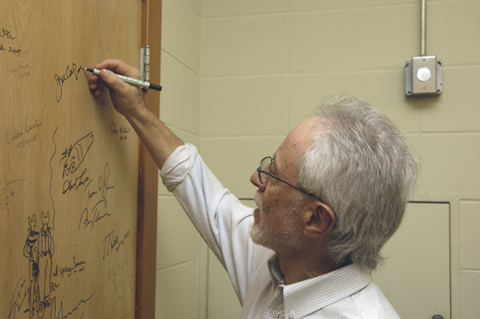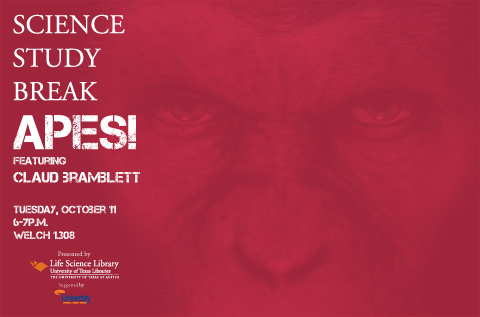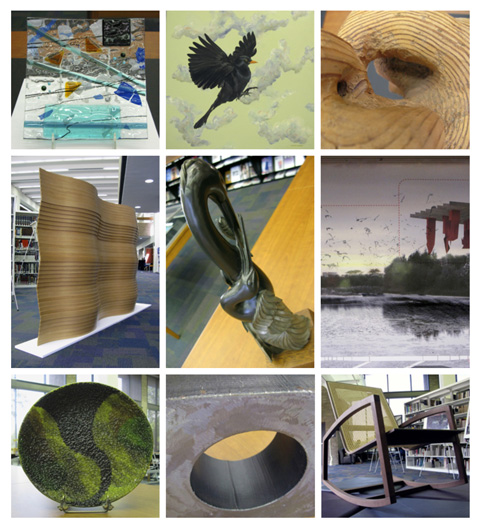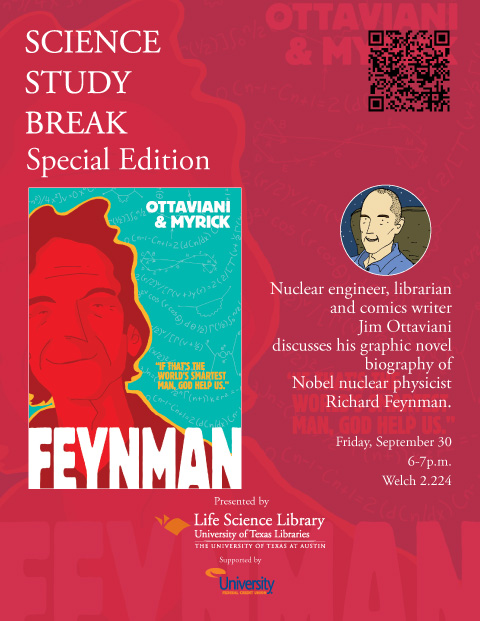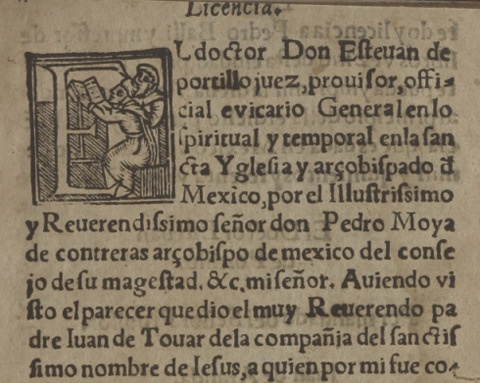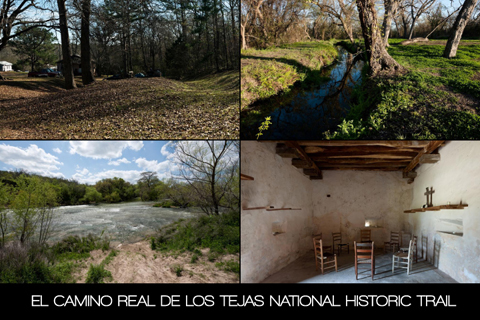
Most library supporters are willing to have a rational discussion about the viability of library services at a time when there are increasing budgetary constraints and amidst the changing nature of libraries in the digital age. But then you have the case of New Hampshire Rep. Steven Vaillancourt, who believes that the effectiveness of his state’s inter-library loan program indicates that it is too well-funded by the taxpayers of his state.
Apparently even when confronted with the fact that the program was run with federal monies and was only composed of four vans traversing the state, this was Vaillancourt’s response:
He’d be happier to wait longer and save money by reducing the number of vans, (Vaillancourt) said.
“The state does not need a gold-plated service,” he said.
Reasoned debate should be, and for the most part is, the currency of discourse, but occasionally you get a partisan crusader who is either unwilling to recognize personal fallibility, or has otherwise created a controversy out of whole cloth for the purpose of political brinksmanship. In this case, it seems Vaillancourt has stumbled into both categories equally.
For a more complete takedown of this utter nonsense, the Annoyed Librarian weighs in.

